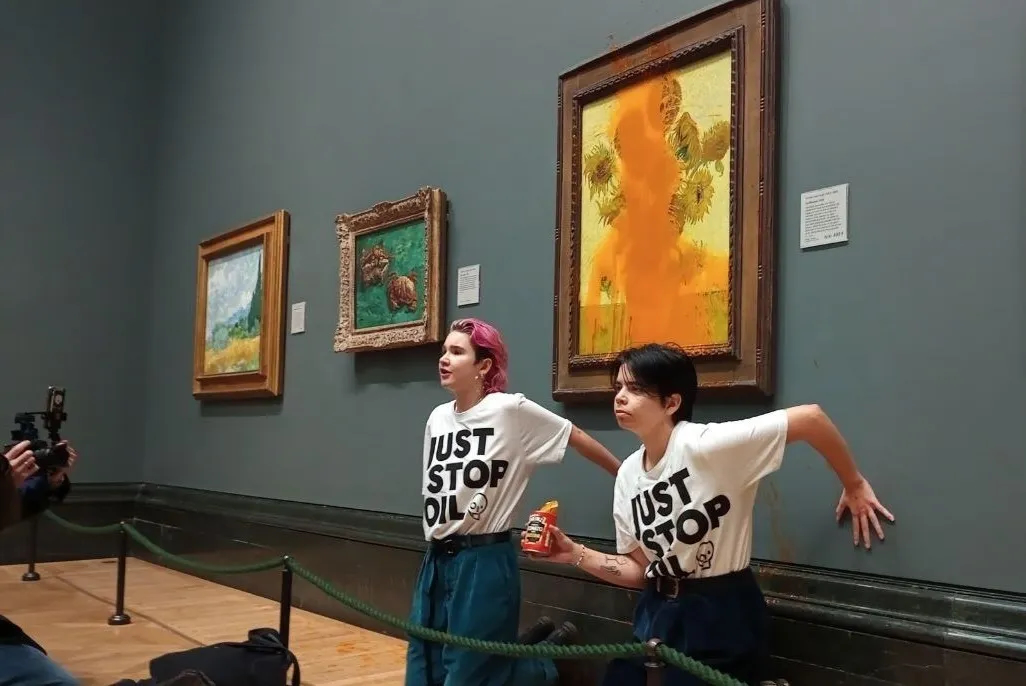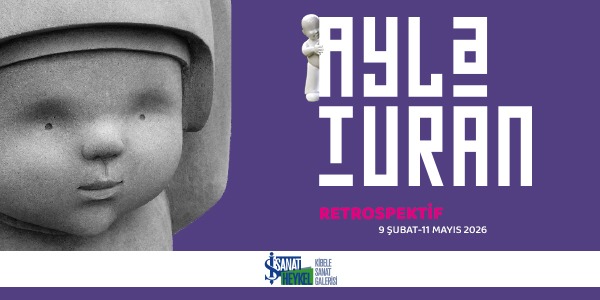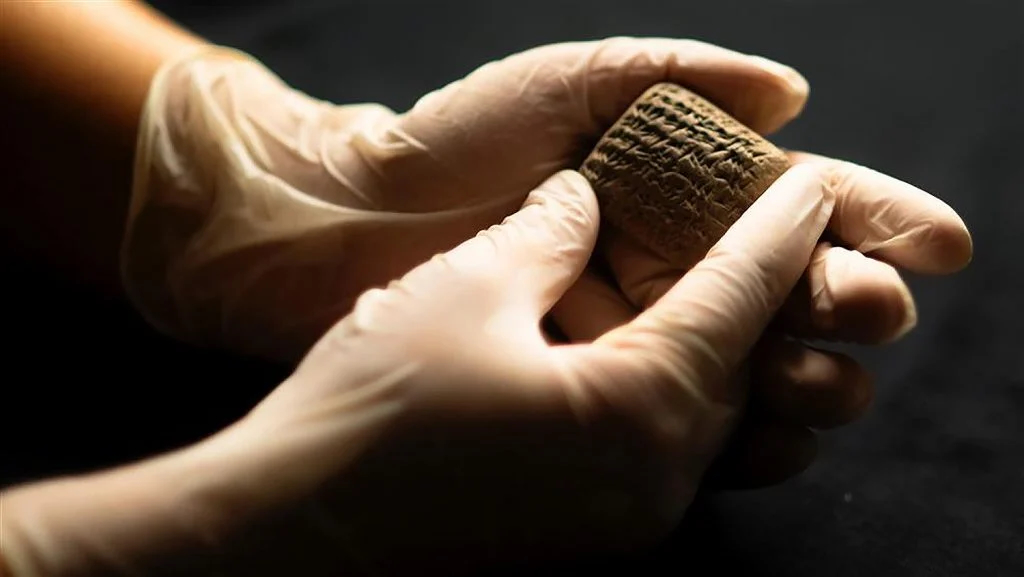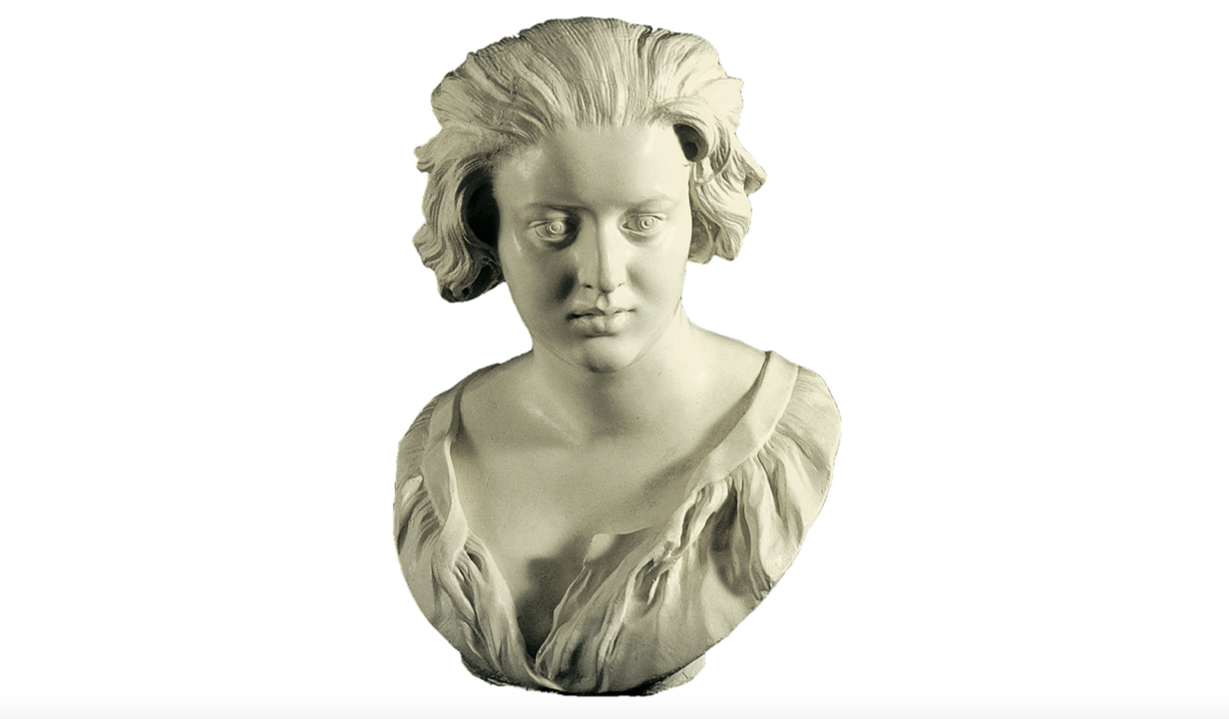On an otherwise unremarkable October afternoon in 2022, a pair of activists brought a splash of tomato red to the National Gallery in London. Phoebe Plummer and Anna Holland, members of the protest group Just Stop Oil, made headlines when they hurled tomato soup at Vincent van Gogh’s iconic “Sunflowers.” Their dramatic gesture was more than just a fleeting act of vandalism; it was a calculated move to draw attention to the climate crisis. The aftermath of this protest has now culminated in a legal spectacle, with both activists found guilty of criminal damage.
As the soup splattered against the protective glass of the priceless artwork, Plummer and Holland quickly adhered their hands to the wall with super glue. The immediate chaos was a stark contrast to the serene beauty of Van Gogh’s masterwork. Judge Christopher Hehir, who presided over their case at Southwark Crown Court, did not mince words. He informed the defendants that they had come “within the width of a pane of glass of destroying one of the most valuable artworks in the world,” and warned them to be ready for the practical and emotional reality of a prison sentence.
The National Gallery, initially stating that the painting itself was unharmed, later confirmed that the 17th-century Italian frame suffered minor damage. This frame, with its own historical and artistic significance, was left with a blemished patina—a stark reminder of the clash between activism and art preservation.
The judicial response to Plummer and Holland’s actions extends beyond the courtroom. As part of their bail conditions, the two activists are now prohibited from entering galleries or museums and carrying adhesive substances in public spaces. This restriction symbolizes the broader societal tension between the urgent call for climate action and the preservation of cultural heritage.
Katie McFadden, the solicitor representing Holland, expressed profound disappointment with the verdict and hinted at a potential appeal. She criticized the government’s priorities, arguing that significant resources are being devoted to prosecuting young activists rather than addressing climate change. McFadden’s frustration was palpable as she noted the limitations imposed during the trial, which, she claimed, prevented the activists from fully articulating their motivations.
Plummer, in a viral video following the protest, elaborated on the reasons behind their drastic measure. She highlighted the numerous fossil fuel licenses issued by former UK Prime Minister Liz Truss, the disproportionate subsidies favoring fossil fuels over renewable energy, and the intertwining of the energy crisis with the broader cost of living issues in the UK. Her message was clear: the protest aimed to spotlight the government’s inaction on climate change and the urgent need for a sustainable future.
The “Sunflowers” returned to public view just two days after the incident, a testament to the resilience of art and the enduring debate over the methods of activism. As Plummer and Holland await their sentencing on September 27, their actions continue to provoke discussion about the intersection of art, protest, and the climate crisis.










